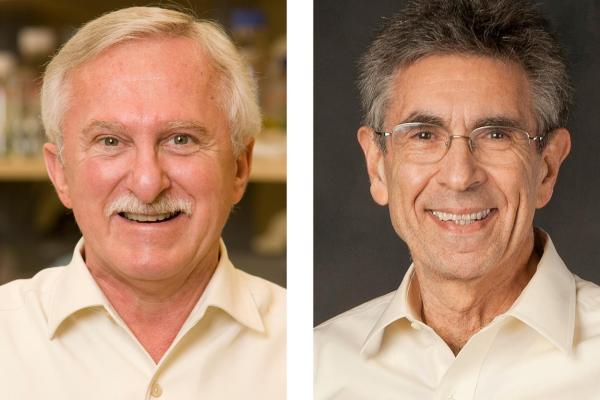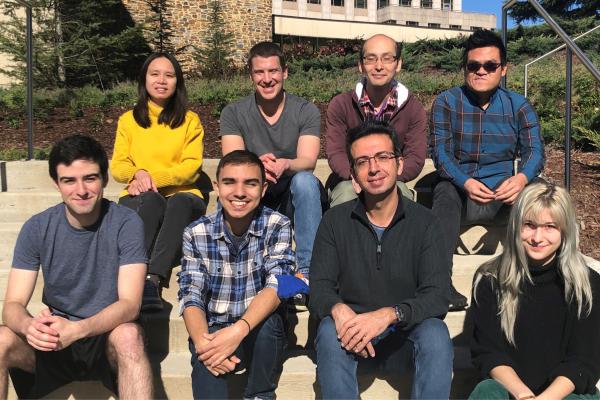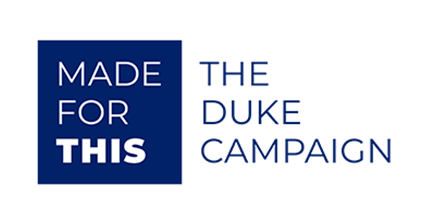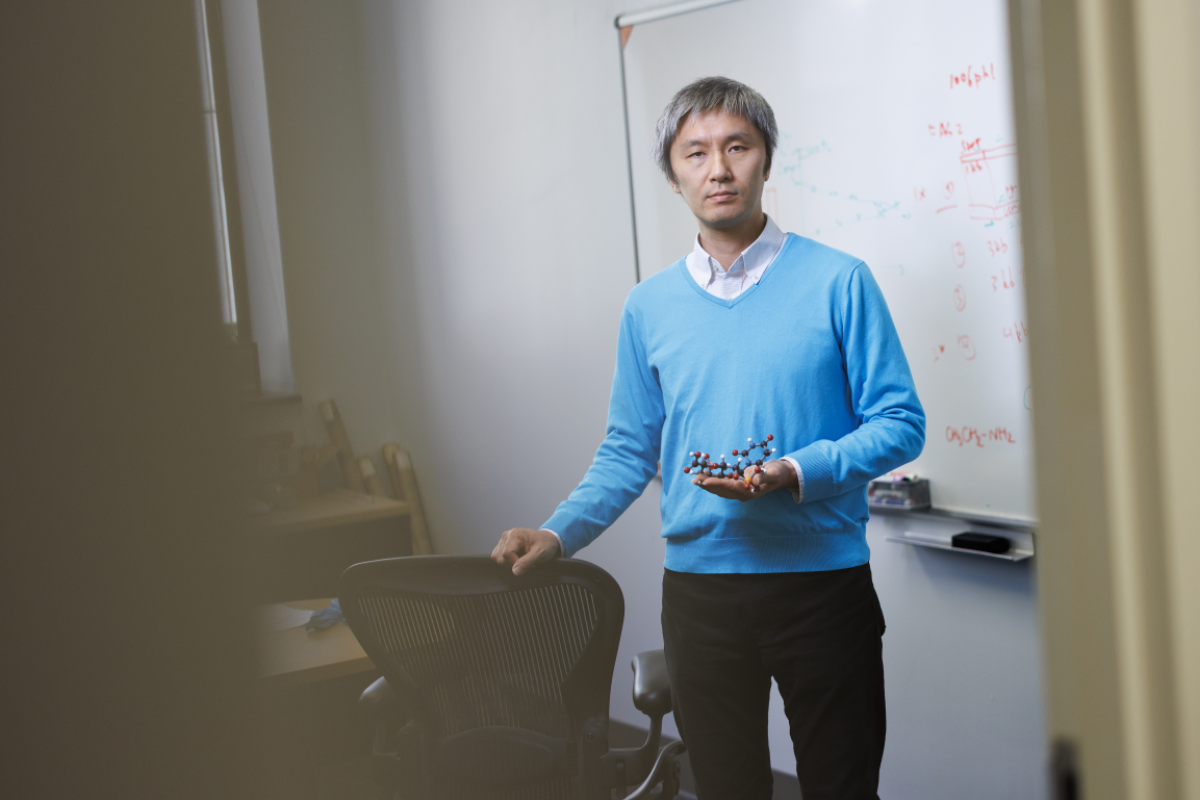Biochemistry PhD Program
We’re one of the few programs in the country that trains in structure/function—where students learn at the molecular level and from the ground up to find the cause and cure of disease. In our program, students take the lead in their research and frequently collaborate with different labs. And the research? It’s cutting-edge in a supportive environment. See how we train the next generation of biochemists.
Research Interest Areas

Let’s Discuss our Two Nobels in Chemistry
One of the most prestigious awards, the Nobel Prize was given to two Department of Biochemistry faculty. In 2015, James B. Duke Distinguished Professor of Biochemistry & HHMI Investigator, Paul Modrich, won the Nobel Prize in Chemistry. Over four decades and with the help of many industrious students and postdocs, he uncovered the mechanistic basis for DNA mismatch repair. Since receiving the prize, Dr. Modrich has continued his research and was honored by then Vice-President Joe Biden for “his groundbreaking cancer research” as part of the “Cancer Moonshot” initiative.
Dr. Robert Lefkowitz, James B. Duke Professor of Medicine & Professor of Biochemistry, won the 2012 Nobel Prize in Chemistry for revealing the molecular understanding of an important family of G protein-coupled receptors. He led his students, postdocs, and clinical fellows to examine the biochemical basis and inner workings of this vast protein group. His work has had an impact on clinical medicine and the development of prescription drugs that target receptors discovered by him and his trainees.

Lab Spotlight
Get to know The Boyce Lab. Their area of expertise is glycobiology. They use different techniques and model systems to study the role of O-GlcNAc in a variety of cell biological processes and how nucleotide-sugar pools are synthesized and maintained in healthy cells.

Duke Research Saves Lives
Duke’s relentless pursuit of scientific innovation transforms groundbreaking discoveries into life-changing patient care and healthier communities. Explore how Duke researchers are changing people’s lives across North Carolina and around the world.

Invest in Our Future
At Duke University School of Medicine, donors play a vital role in fostering innovation, enhancing patient care, and training the next generation of health care leaders. Your contributions not only sustain and elevate existing programs but also pave the way for groundbreaking discoveries.






